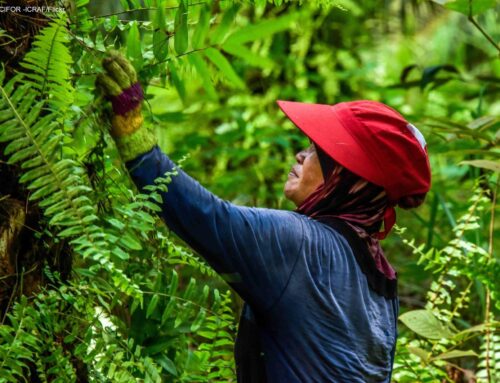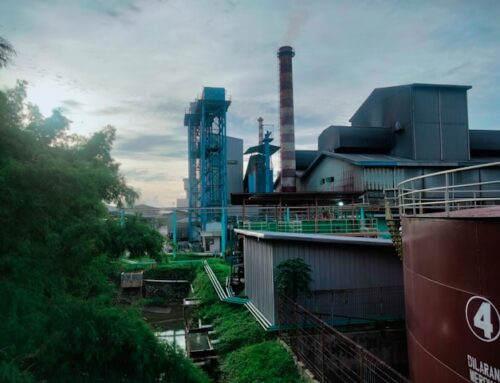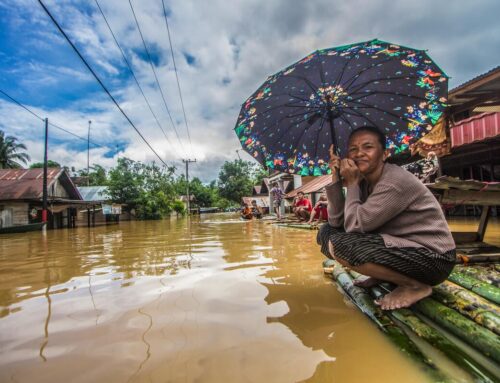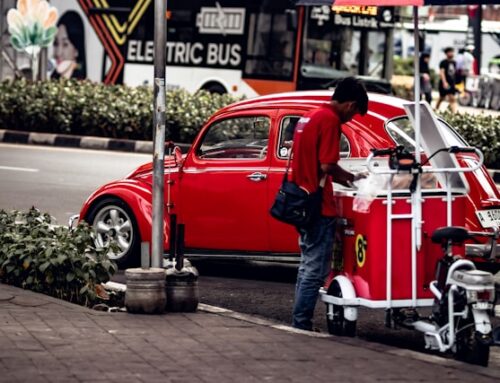There is pressing need for research endeavours aimed at improving gender equality, mitigating the effects of climate change, including transition to sustainable energy sources and ameliorating the negative consequences of both gender inequality and climate change on society. The IRSA Research Support on Gender Inequality and Climate Change aimed to inspire and facilitate research activities dedicated to addressing the intertwined issues of gender inequality and climate change in Indonesia. With the award, IRSA encourage young and early career academics to take up research in these critical areas and foster a community of researchers committed to finding solutions and collectively work towards a more equitable and sustainable future for Indonesia and the world at large.
This seminar will feature recipients of the IRSA Research Support on Gender Inequality and Climate Change. The research had also been presented at the 2024 IRSA Conference in Ambon 15-16 July 2024.
Paper 1. Eco-anxiety: the impact of climate change on women’s mental health in Aceh, Indonesia
Haiyun Nisa (Universitas Syiah Kuala)
The impact of climate change has resulted in a phenomenon called eco-anxiety, which has a detrimental effect on mental health due to extreme weather events and rising temperatures. Women are significantly affected by this, as they experience disproportionate consequences of climate change. Women are already marginalized in decision-making spaces at all levels, and their needs continue to be ignored or misrepresented, exacerbating climate change-related vulnerabilities. The objective of this research is to conduct testing on the impact of climate change on women’s mental health in Aceh, Indonesia. Based on a survey of 404 Acehnese married women (age 20-58 years old). analysis showed a significant association between climate change and mental health.
Paper 2. Un-gendering climate resilience: why women matter in climate resilience in Indonesia
Zulfa Sakhiyya (Universitas Negeri Semarang)
Women’s community education groups play a valuable but often overlooked role in enhancing community resilience to climate change. In Indonesia, there is limited research and policy attention given to these grassroots networks despite their extensiveknowledge, practical experience, and social connections in preserving traditional forests and water resources, educating locals, and advocating for women’s empowerment in climate justice. This research gap highlights the need for a gendered perspective to understand climate change action and resilience. Indonesia’s unique biodiversity, archipelagic nature, and pressing environmental challenges also call for inclusive collective efforts to advance climate adaptation policies. This study uses a combination of feminist perspectives on the environment, critical analysis of societal structures, and an understanding of the ongoing effects of colonialism to explore the role of gender in discussions about the environment, development, and climate change. More specifically, we employ Participatory Action Research (PAR) in collaboration with selected women activists involved in climate change advocacy. PAR emphasises inclusive participation, actively involving those affected by the research issue and going beyond knowledge generation to drive practical changes based on findings. By adopting this approach, our research questions are tailored to address the challenges marginalised groups face, particularly women and women’s climate advocacy groups.
Wednesday, 31 July 2024 at 10.00-11.30 WIB (online on Zoom in English)
Online on Zoom. Register https://bit.ly/fkp3107
Slides and video for past seminars:




